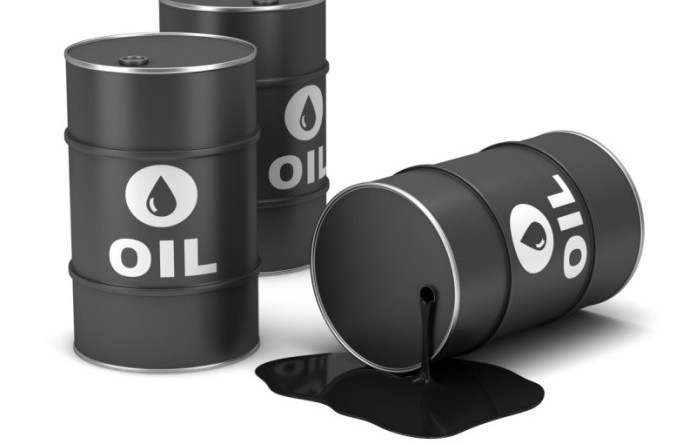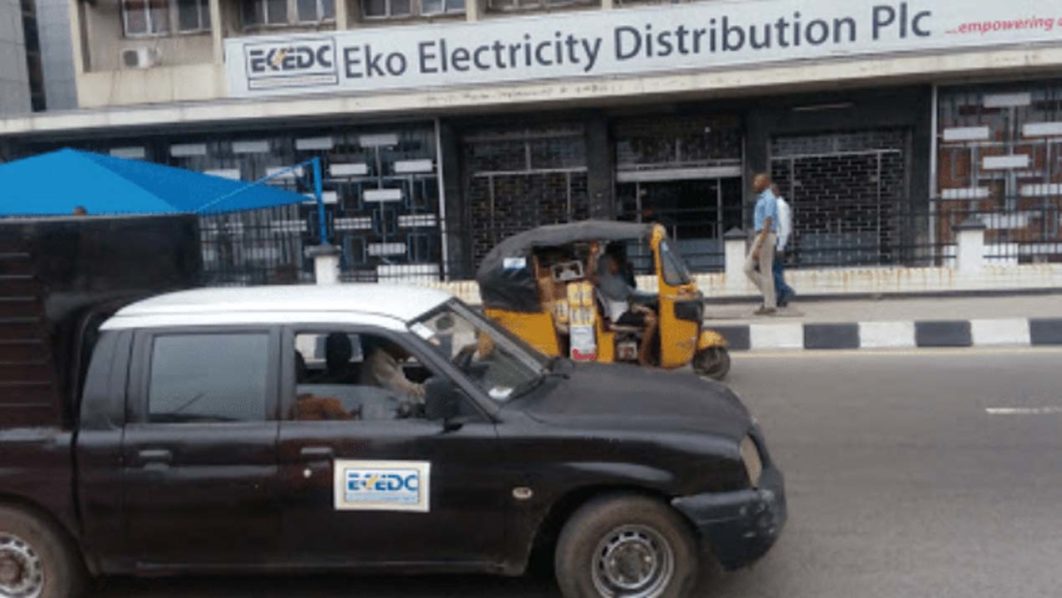The Minister of State, Petroleum Resources, Chief Timipre Sylva has disclosed that “in Nigeria, the industry game changer – that is, the Petroleum Industry Act (PIA 2021) will undoubtedly support Africa and indeed the global endeavour to alleviate energy poverty as envisioned in the UN’s SDG No 7.”
In his Keynote Address at the recent 2022 Society of Petroleum Engineers (“SPE”) Lagos Annual Technical Symposium and Exhibition on Tuesday, May 17, 2022, he explained that “The PIA has generous incentives to enable development, distribution, penetration, and utilisation of gas even as it incentivizes entry into the midstream, especially for pipelines with an additional 5-year tax holiday for investment in gas pipelines
Buttressing the theme: ‘‘Energy Transition In Africa: A Strategic Pathway To Net Zero,’’ the Minister, represented at the summit by Engr. Justice Mina Derefaka, his Technical Adviser (TA) on Gas Business & Policy Implementation, averred that “The PIA became necessary because Nigeria runs a petroleum industry that is governed largely by laws enacted over 50 years ago such as the principal legislation; the Petroleum Act of 1969 and other outmoded legislations.
“The PIA is a supply-side enabler, capable of provoking and triggering commercial interests and investments in gas utilisation. As well as treating gas as a stand-alone commodity.
According to the Minister, “It is well documented that Africa still has significant untapped fossil fuel reserves, which could provide much-needed foreign direct investment and export revenue.
The United Nations Economic Commission for Africa (“UNECA”) has said Nigeria and other African countries will not meet the SDG 7 targets due to limited supply and access to electricity
UNECA noted that about $40 billion worth of investments per year is needed to meet the continent’s energy needs.
Despite the long-term and required drop in demand for fossil fuels, short-term demand and prices remain robust, providing strong commercial justification for their extraction and a need to smooth the transition.
Undiscovered but theoretically exploitable and technically recoverable energy resources in Africa are estimated to be around 115.34 billion barrels of oil and 21.05 trillion cubic meters of gas (circa 743.4 tcf).
On their part, African Governments typically have three major priorities when setting energy policies: security of supply, economic competitiveness, and a reduction of greenhouse gas emissions. At present, only gas can meet all three priorities simultaneously.
Using natural gas is already helping to reduce carbon dioxide (CO2) and improve air quality where it replaces coal or diesel.
Gas also supports an increasing role for renewables. This will be important as the use of electricity expands. Gas will also continue to play a critical role in sectors where demand is anticipated to grow, but which are more difficult to electrify.
Distinguished ladies and gentlemen, gas is what Africa & the world needs as we face up to a period of profound change.
This puts Nigeria with approximately 208.62 trillion cubic feet (TCF) of proven gas valued at over $803.9 trillion and potential upside of 600TCF of gas, the most extensive in Africa, and in the top 10 globally.
And in line with Federal Government declaration of years 2021 – 2030 as the ‘Decade of Gas’, we are taking steps to expand and develop the nation’s huge gas resources through enhanced gas exploration, development and utilisation schemes which will lead to gas reserves growth, increased gas production, maturation of the domestic and export gas market, as well as gas flare elimination.
The Decade of Gas initiative is aimed at transforming the Nigeria energy landscape to run effectively on natural gas. The Initiative at inauguration was themed “Towards a gas-powered economy by 2030”.
According to the World Economic Forum, several high-profile developing market infrastructure funders are actively contemplating a blanket ban on fossil fuels that would prevent any new natural gas projects.
For me, a ban on funding for gas-fueled power in Africa will not help to mitigate climate change but rather harm our continent’s growth. Worse, because gas is critical to Africa’s transition to sustainable energy, a prohibition today might stifle renewables adoption and establish a global energy double standard.
Luckily for Africa, the European Union has proposed labelling natural gas as a ‘green energy’ source, a development that could translate into huge economic value for Africa.
Premised on the above, I urge African leaders to put in place robust and investor friendly fiscal policies and regulatory frameworks to attract the needed funds to enable us meet and surpass the UN SDG7 targets, the Minister noted.









